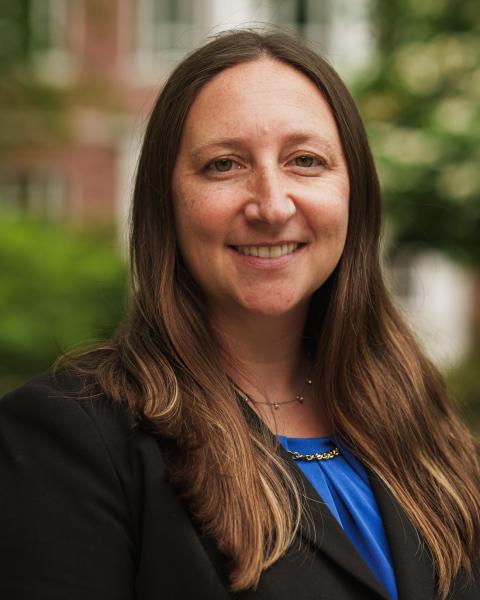Healthy People, Healthy Places
New program focused on health and well-being builds off existing Extension expertise
SHARE
Check Out Our New Health & Well-Being Page
Our specialists help create healthy people and healthy places in New Hampshire.
Featured LINK
Mental Health Resources for New Hampshire - a printable county-specific guide to help New Hampshire residents find local, state, and national mental health resources.
Author(s)
Categories



